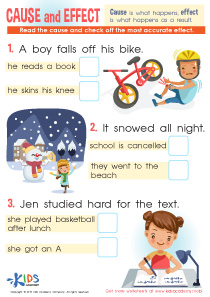Normal Reading Non-Fiction Worksheets for Ages 7-9 - Page 3
59 filtered results
-
From - To
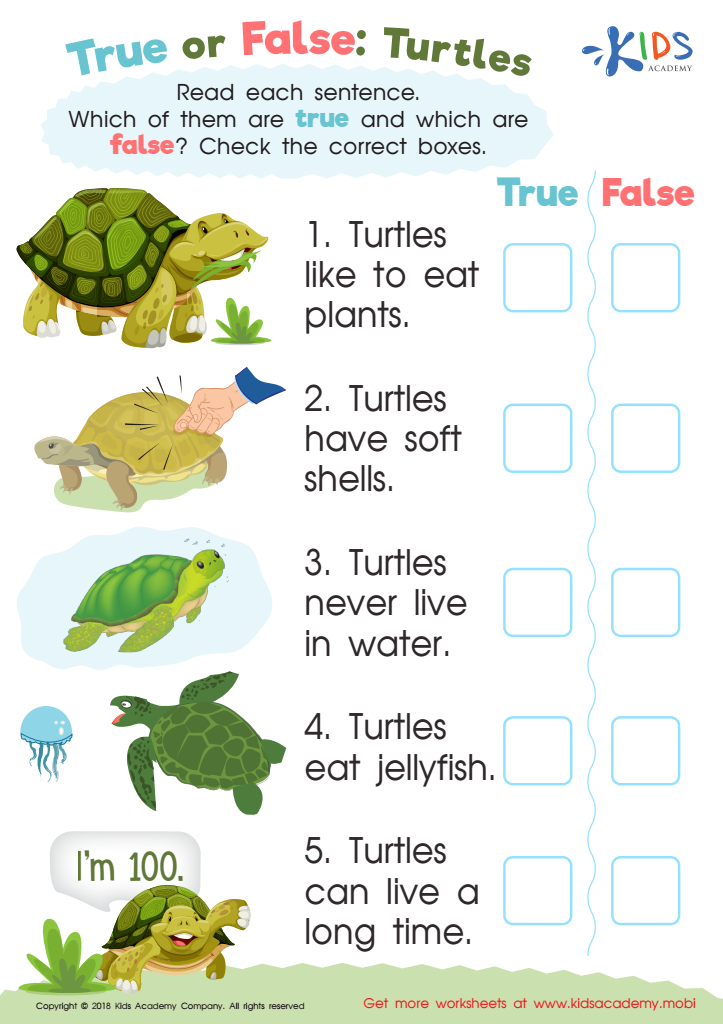

True or False: Turtles Worksheet
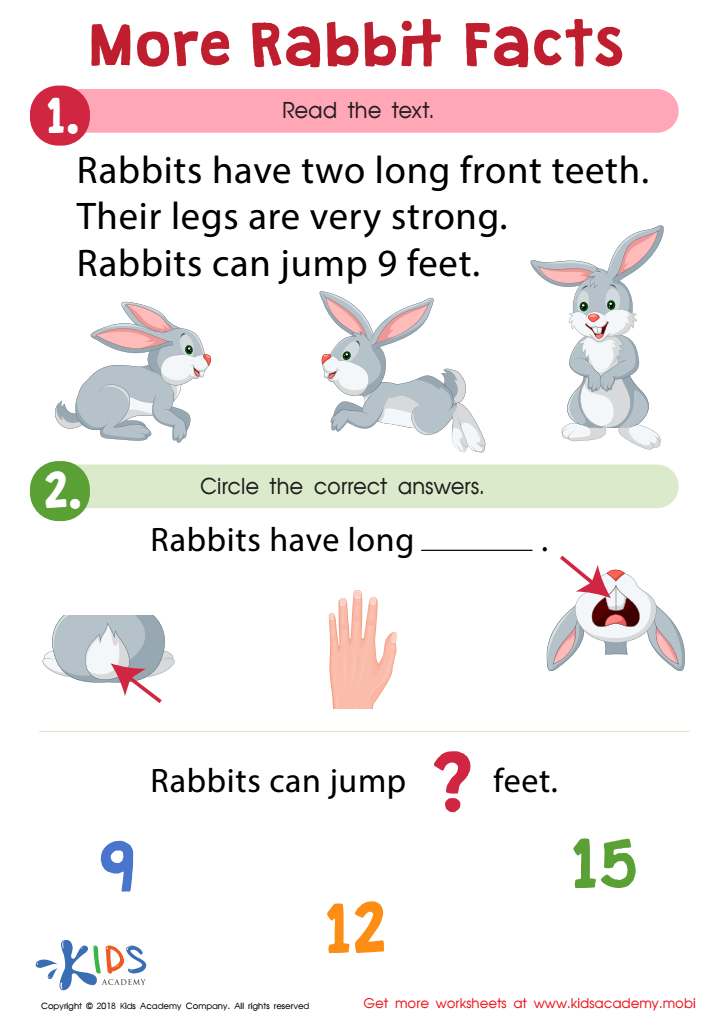

More Rabbit Facts Worksheet
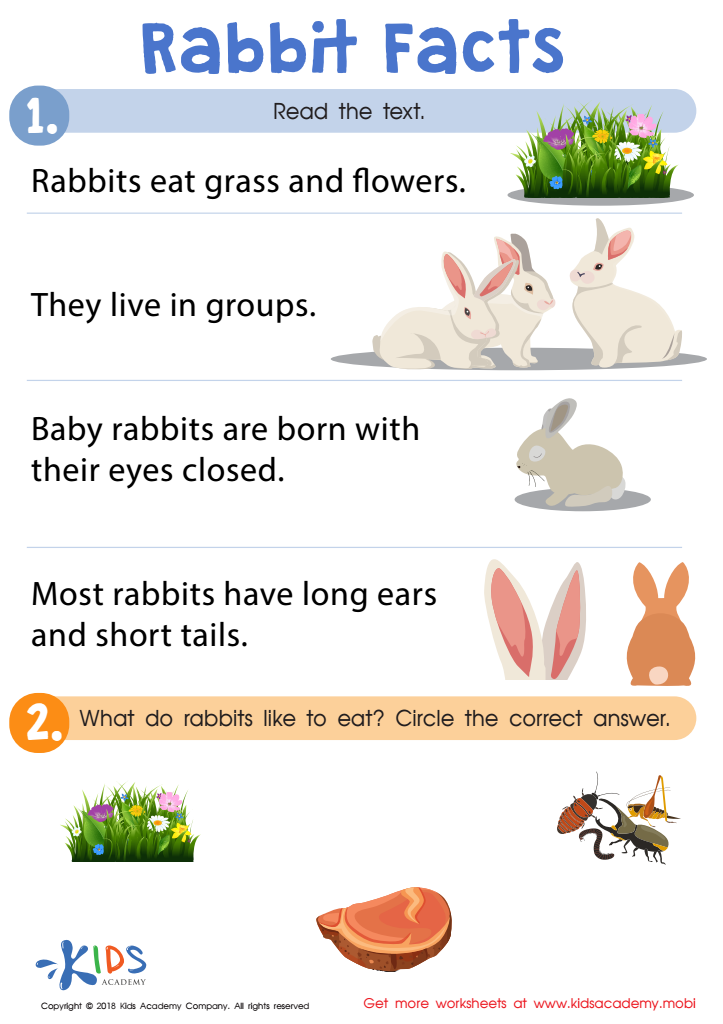

Rabbit Facts Worksheet
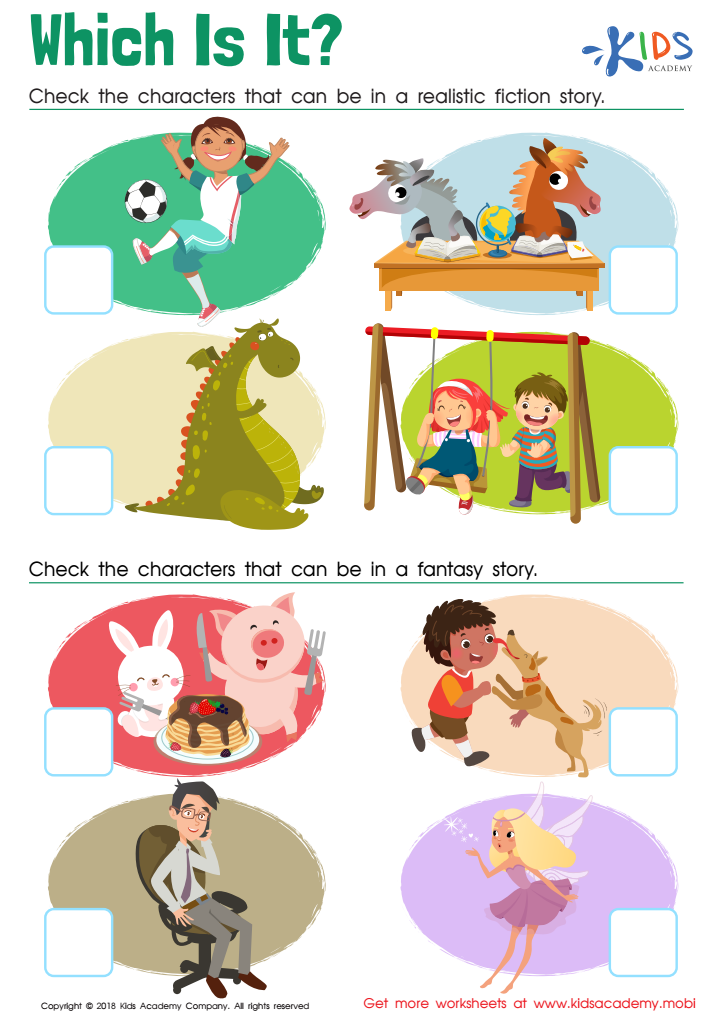

Which Is It? Worksheet
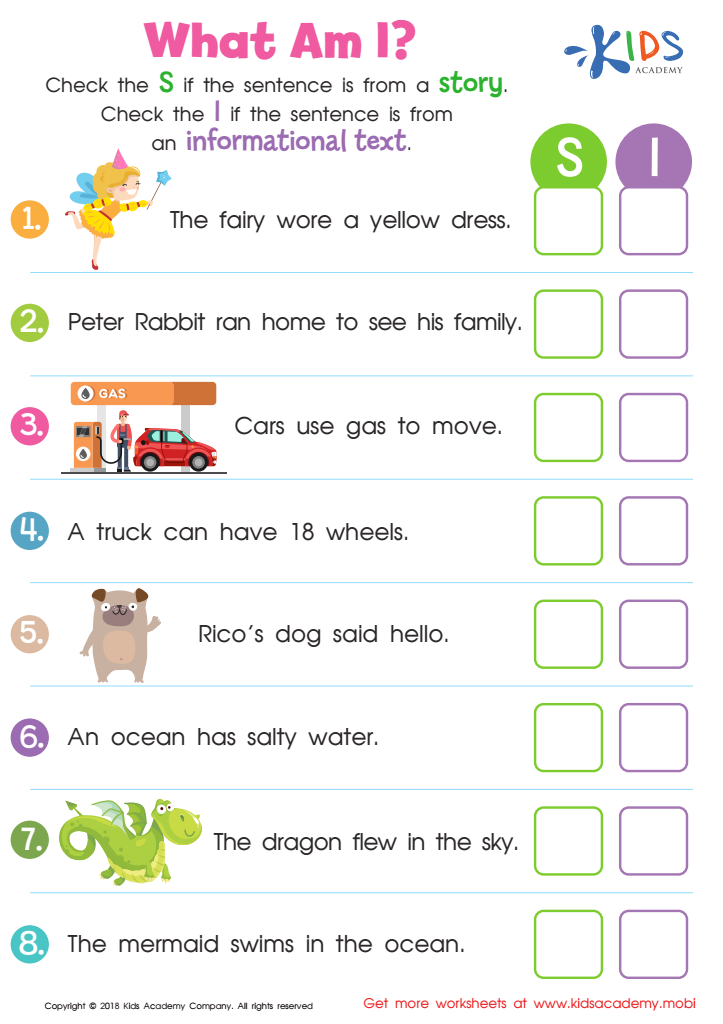

What Am I? Worksheet
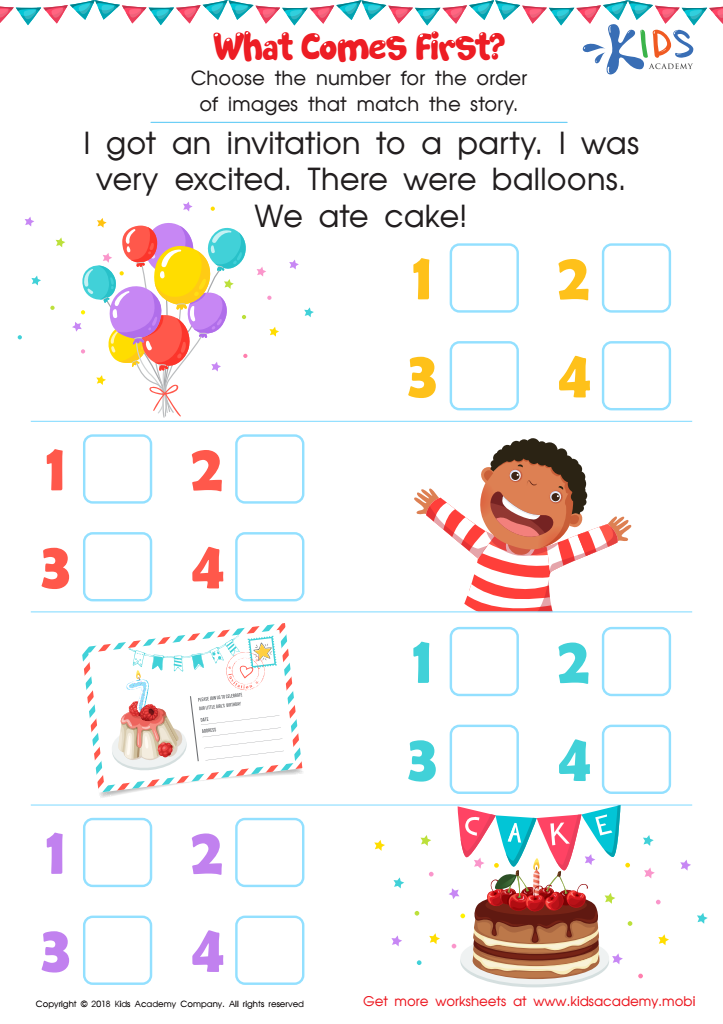

What Comes First Worksheet
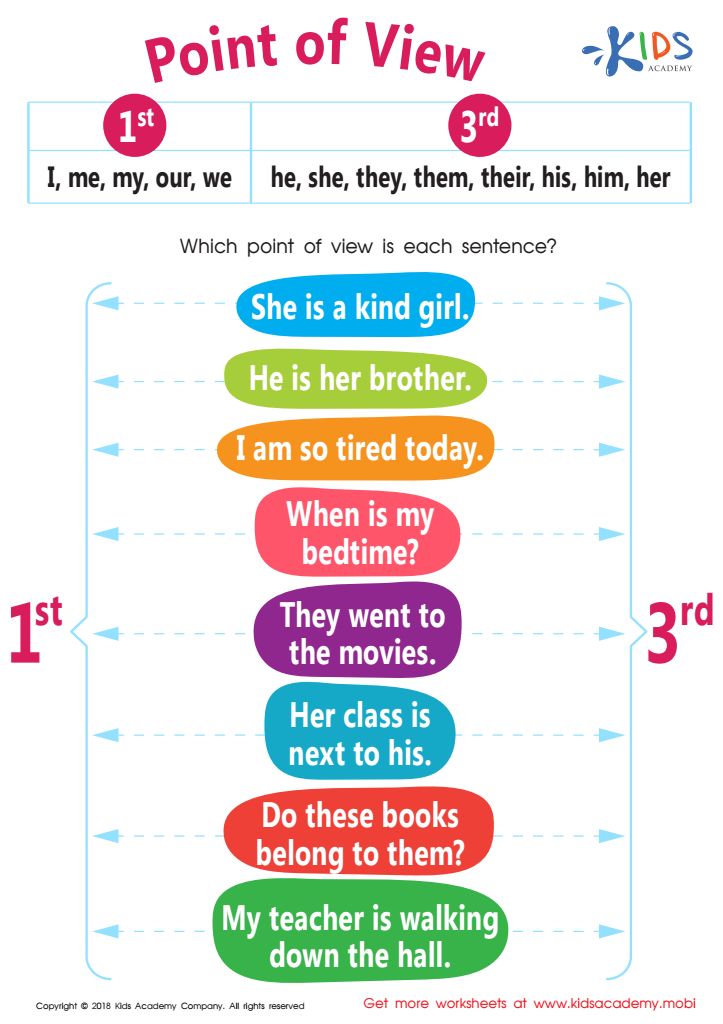

Point of View Worksheet
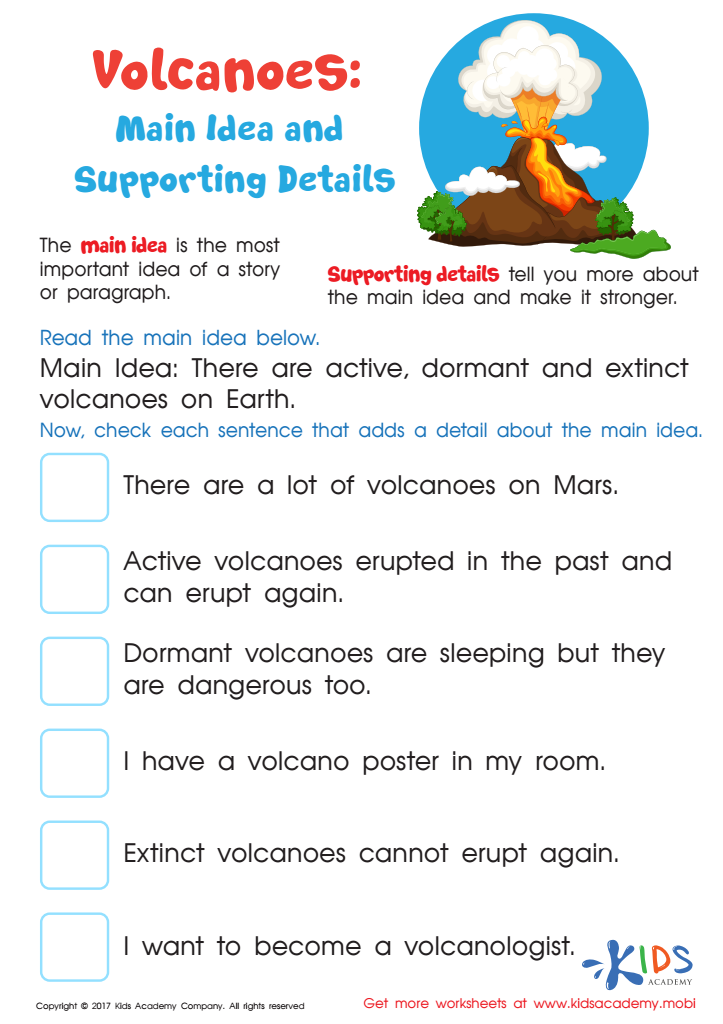

Volcano Facts Worksheet
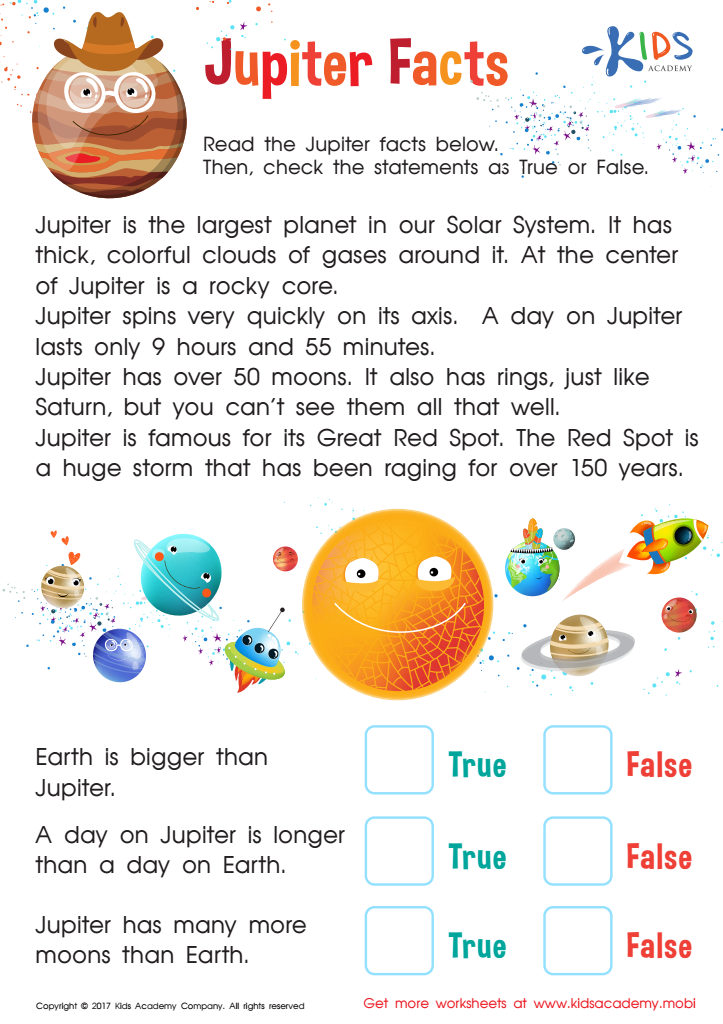

Jupiter Facts Worksheet
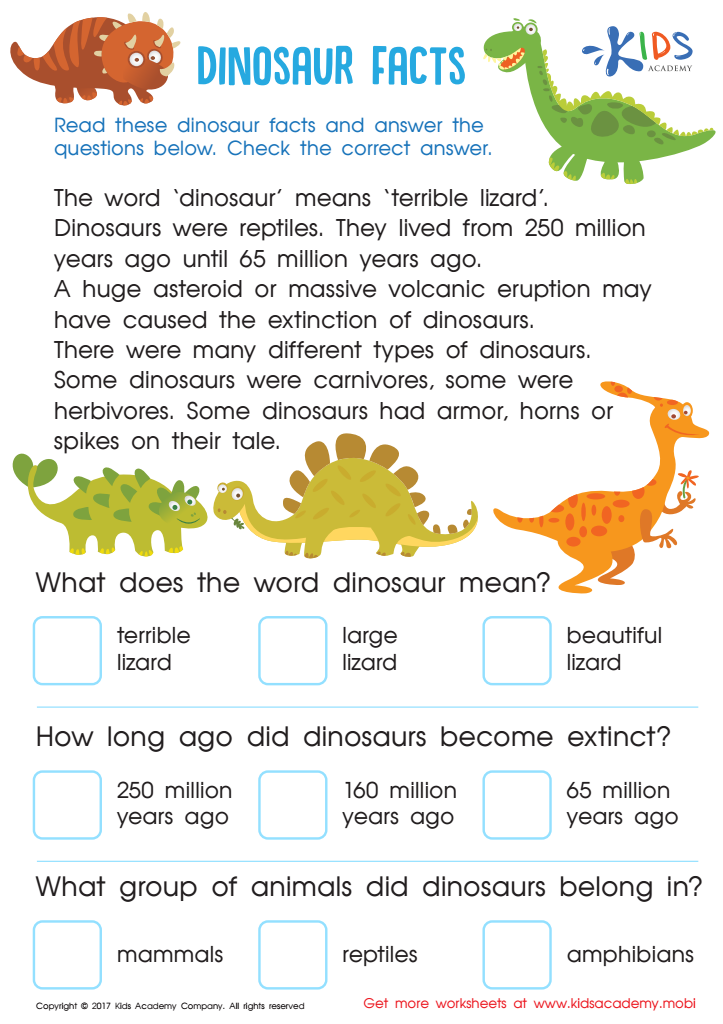

Dinosaur Facts Worksheet
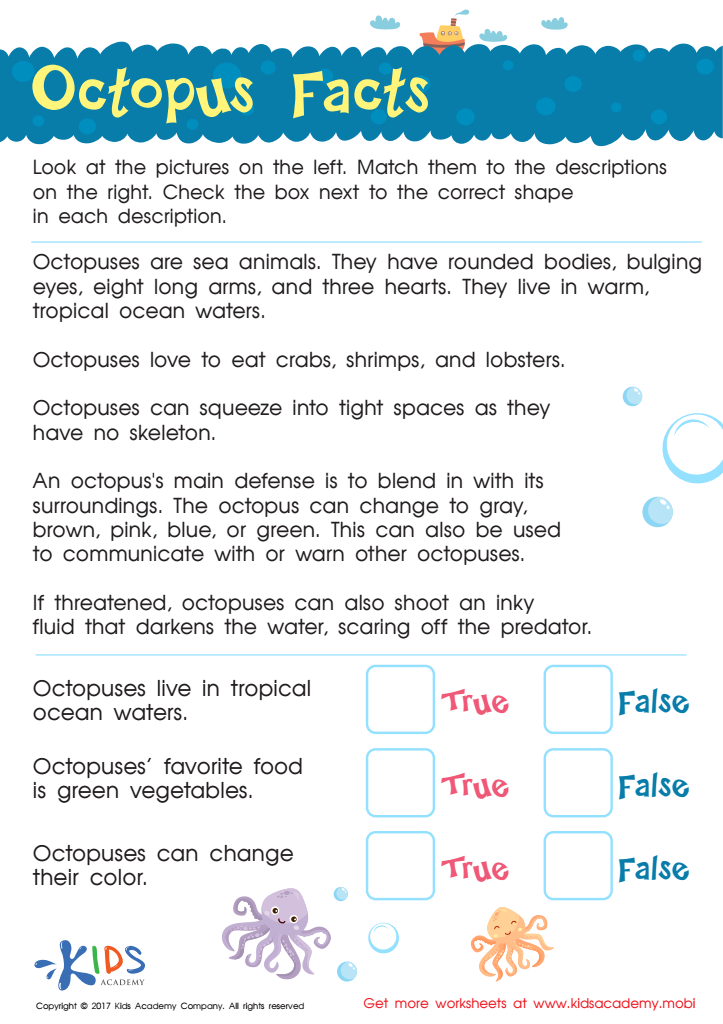

Octopus Facts Worksheet For Kids
Normal reading non-fiction for ages 7-9 is a pivotal component of early childhood education that benefits a child’s cognitive and emotional development. Firstly, non-fiction texts introduce young learners to real-world concepts and factual information about their environment, history, science, and everyday life. This exposure helps build their general knowledge, which is crucial for their academic success.
Engaging with non-fiction strengthens critical thinking and comprehension skills. Children learn to identify key details, understand cause-and-effect relationships, and make connections between different pieces of information. These skills are foundational for complex problem-solving and analytical thinking required in higher education and everyday decision-making.
Moreover, non-fiction reading fosters curiosity and a love for learning. Children are naturally inquisitive, and providing them with texts that answer their 'how' and 'why' questions keeps them engaged and motivated. Developing a love for non-fiction at an early age encourages lifelong learning and intellectual exploration.
From a practical perspective, expanding vocabulary and improving reading fluency are additional benefits, as non-fiction texts often introduce them to subject-specific terminology and varied sentence structures.
Parents and teachers should emphasize non-fiction to create well-rounded readers, equipped not only with imaginations but with a rich foundation of knowledge and useful life skills. This balanced literacy approach is integral for a child's well-rounded growth.

 Assign to the classroom
Assign to the classroom






